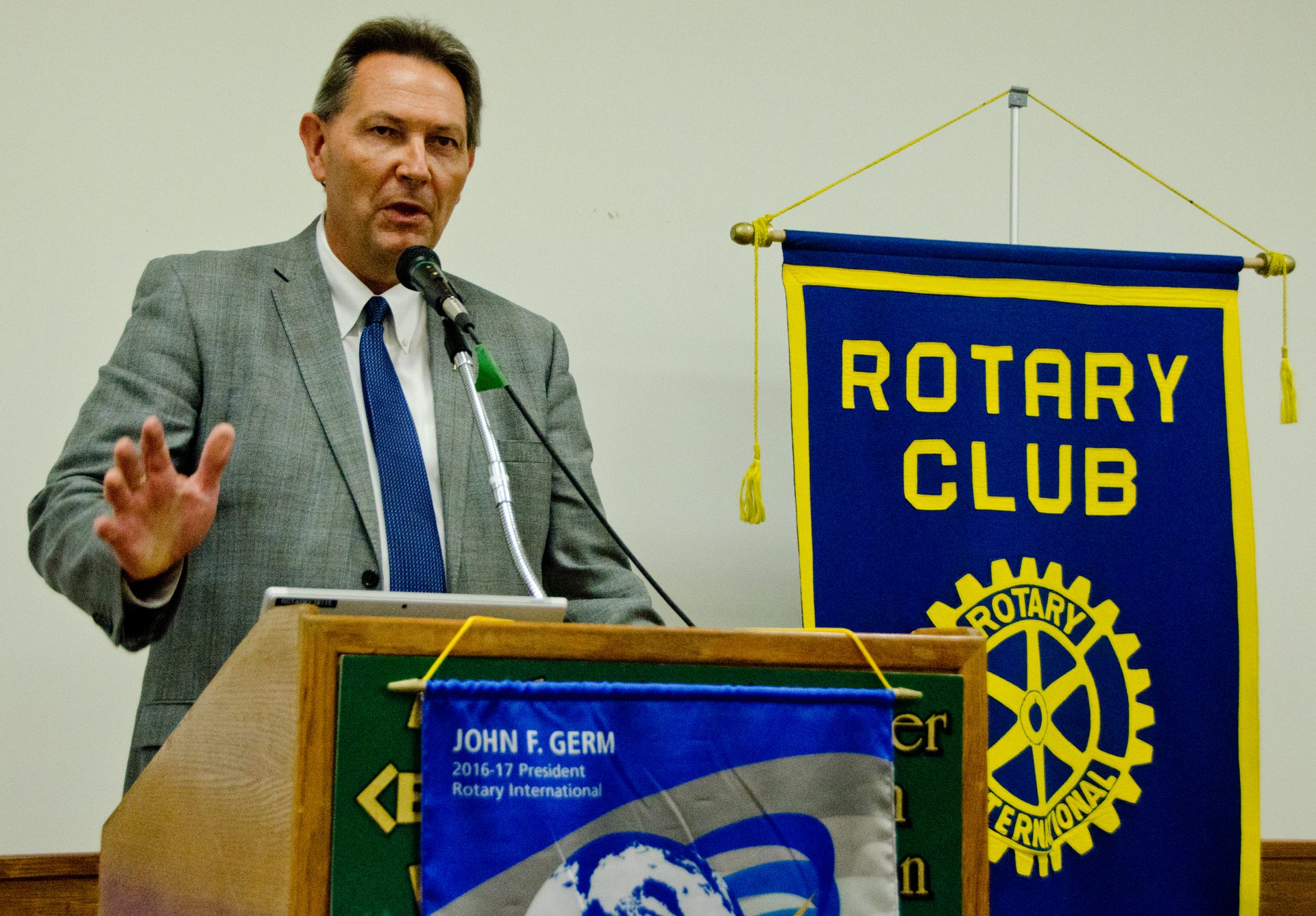Vermilion-Lloydminster MLA Dr.Richard Starke says that while the Alberta Government’s rural crime strategy is a start, it’s not as effective as it needs to be.
In the Goverment’s Speech from The Throne, they outlined a strategy of 39 new RCMP officers, 40 new members of the civilian staff and 10 new Crown prosecutors for the entire province.
Starke says that this strategy will have a very small impact, and doesn’t place enough RCMP “boots on the ground” in rural areas.
“There’s 39 officers that are going to be spread over 113 RCMP detachments. That means every third detachment might receive one additional officer. We know that the RCMP is already significantly undermanned right across the province.”
Starke adds that the RCMP is already having trouble getting recruits to go to the Depot Training Division in Regina, further straining the ability to get new officers. Starke says because of this, the Alberta Government should have looked at Saskatchewan’s method of re-deploying officers from other fields to rural crime duties.
Starke also says that there are other approaches the Government needed to take, including alleviating the workload of Crown Prosecutors in our region, an area that he says sees massive turnover already.
“The St.Paul region, which we’re in, has the highest caseload of any Crown prosecutor office in the province. Over 2000 files per Crown prosecutor. In comparison, in Edmonton each Crown prosecutor has about 800 files.”
Hiring new Crown prosecutors to prevent turnover and getting more RCMP officers tackling rural crime are just two parts of a three prong approach, Starke says. He says more needs to be done to break the cycle of crime, so that people who commit crimes don’t continue to re-offend, even after perhaps being in prison.
“In many cases that cycle has underlying mental health issues or it has an addictions issue and yet while they’re in remand or in prison, the prisoners don’t have access to counselling services. They have access to drugs, curiously, but they don’t have access to counselling services. We don’t have a very effective system for rehabilitating these criminals once they are actually apprehended and convicted.”
Starke adds that he understands this is not a simple process with simple answers and that there’s still a lot to be done.




